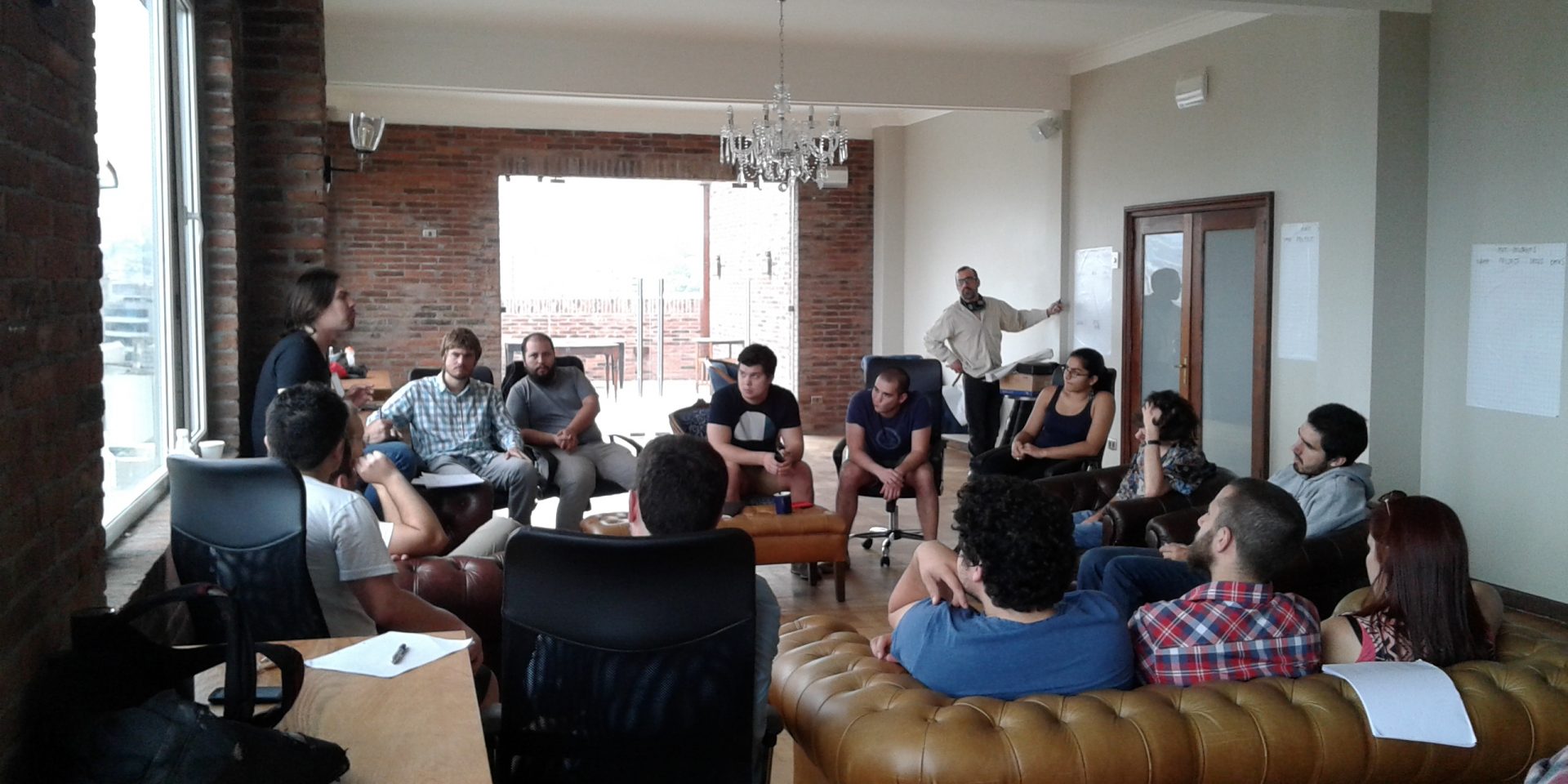

Once you are part of a species linked by couples, you have a problem: you have to choose someone. And we do it in a very similar way to the rest of the animals, except that we are empathic and self-careful. Tamas David-Barrett specializes in the study of evolution and mate choice before demographic components and the compatibility of our social networks. This hypothesis is investigated through mathematical models that analyze the relationship between fertility and kinship and networks of friends; as well as a set of empirical data from an experiment that was executed in 7 languages around the world. (n = 7600). The results fall within the disciplines of evolutionary biology, evolutionary anthropology, demography and network science.

NETWORKS + BEHAVIOR
Most short and long-term partner choice factors in humans are shared with other animals. The biological factors in these cases determine the basis behind who we choose to have a relationship with one night, or who we choose to marry. However, there is another partner choice factor that is unique to humans. Namely, we take into account the compatibility of the social network, especially the kinship network, between our close social contacts and those of potential partners.
|
|